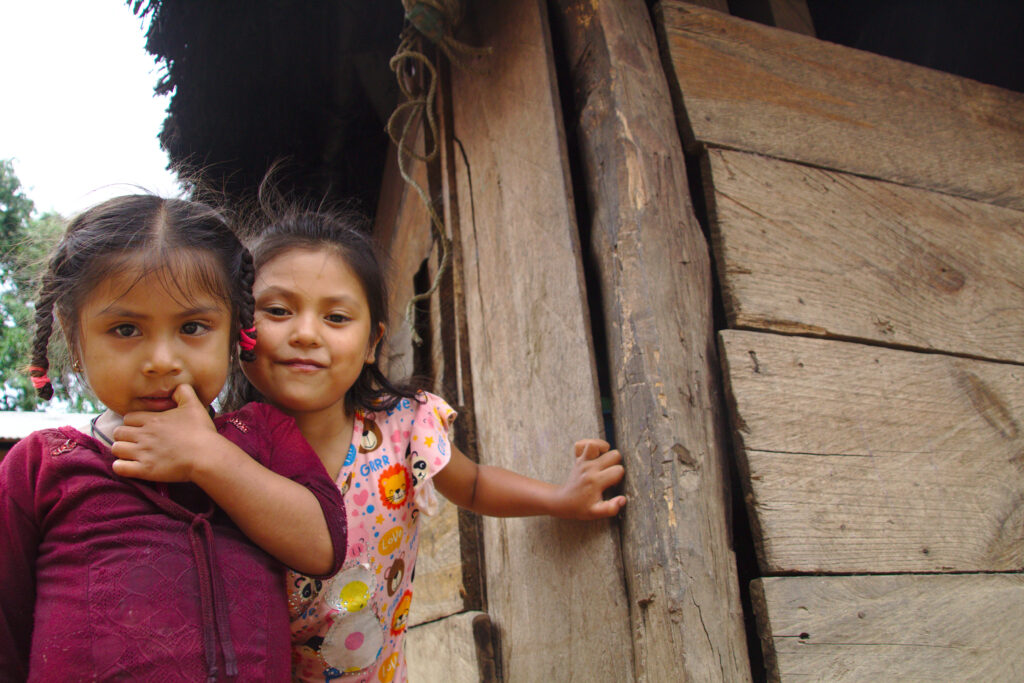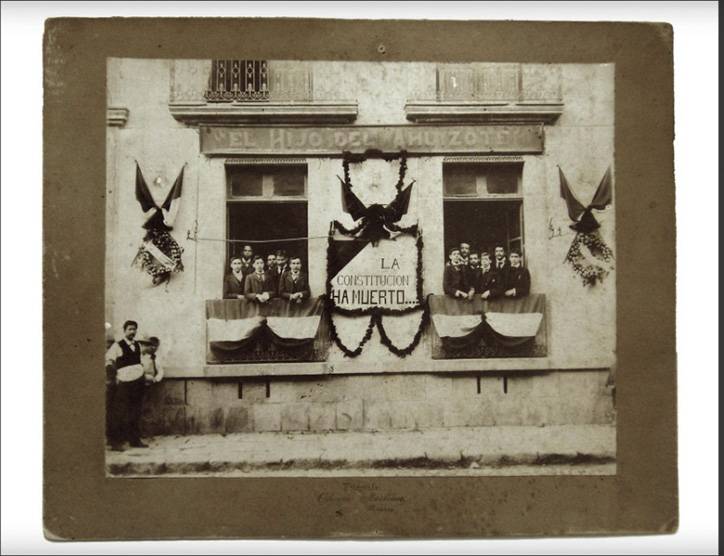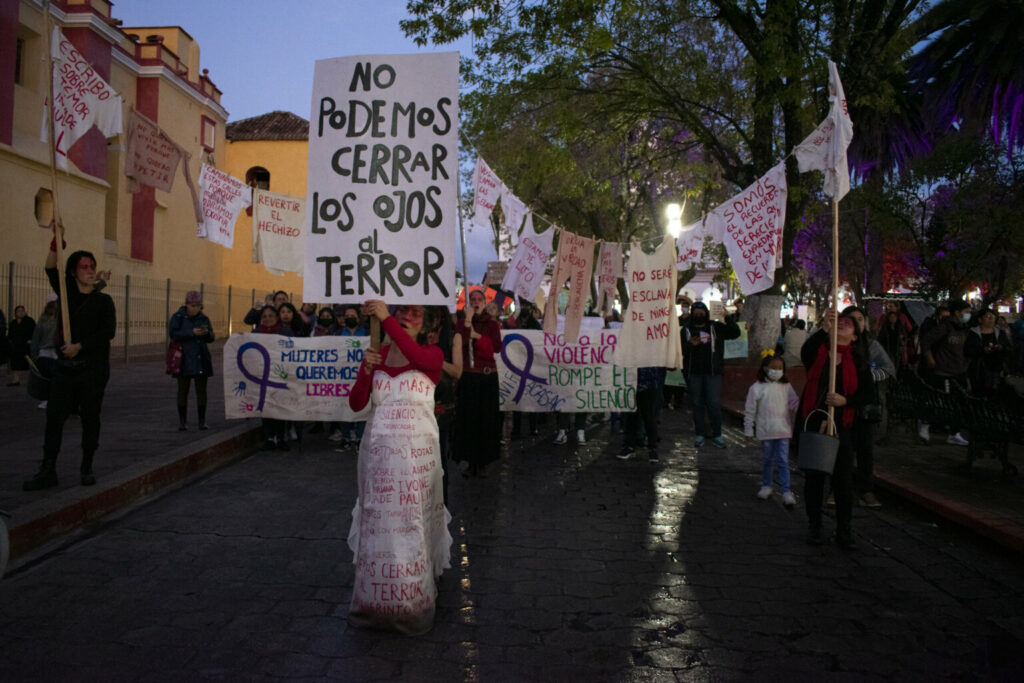Mexico: Reflections on the Struggles of Zapatista Women. Feminists?
In this paper, Dr. Sylvia Marcos examines some key concepts of the struggles of Zapatista women and the challenges they present to global North geopolitical feminisms. “These struggles by Zapatista women focus simultaneously on their rights as women and on those they share in the defense of their land and territory. They are struggling against the dispossession caused by megaprojects and how these impact multiple communities and “indigenous” peoples, not only against their land, territory, but also against their epistemic particularities.”



